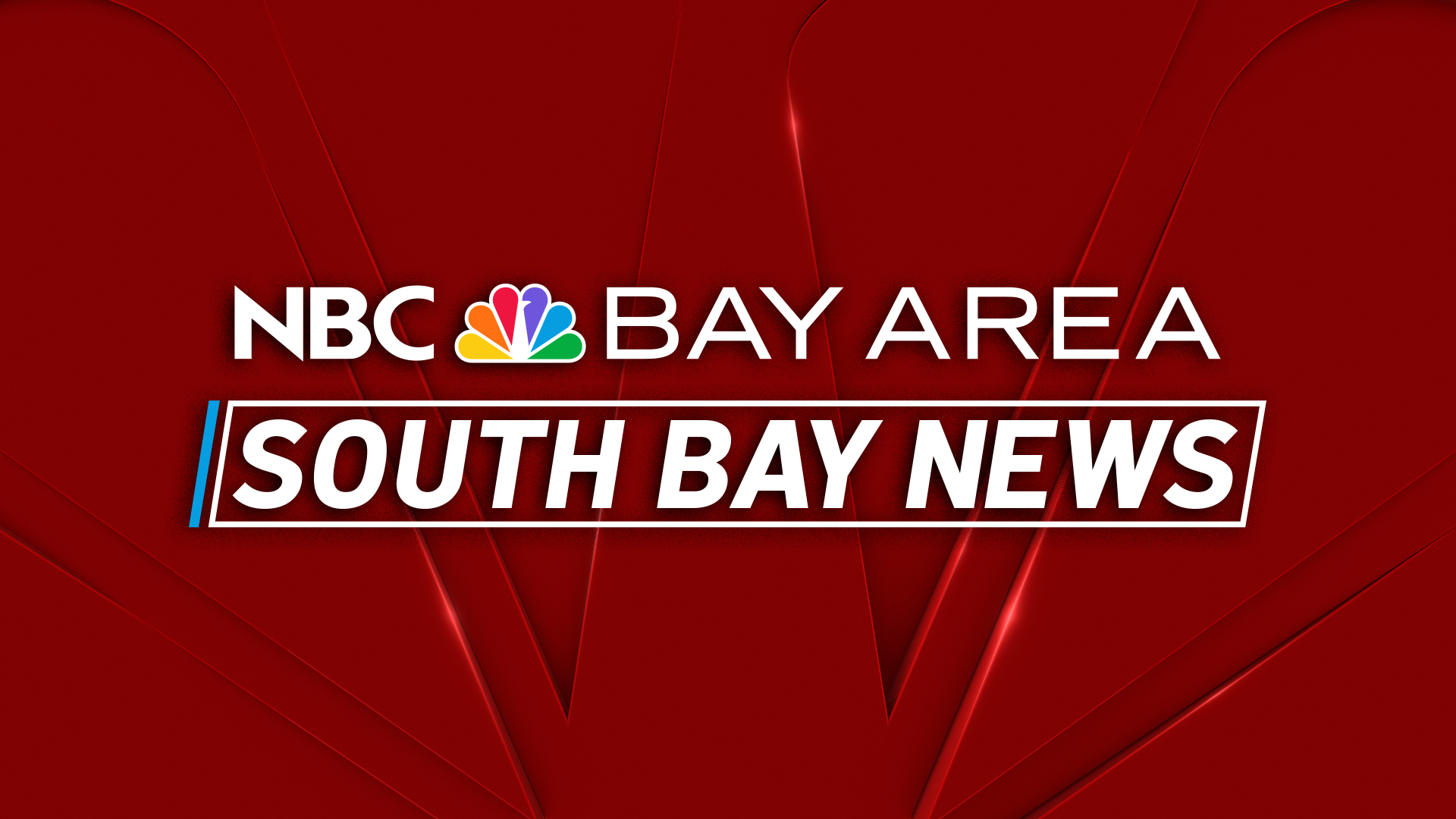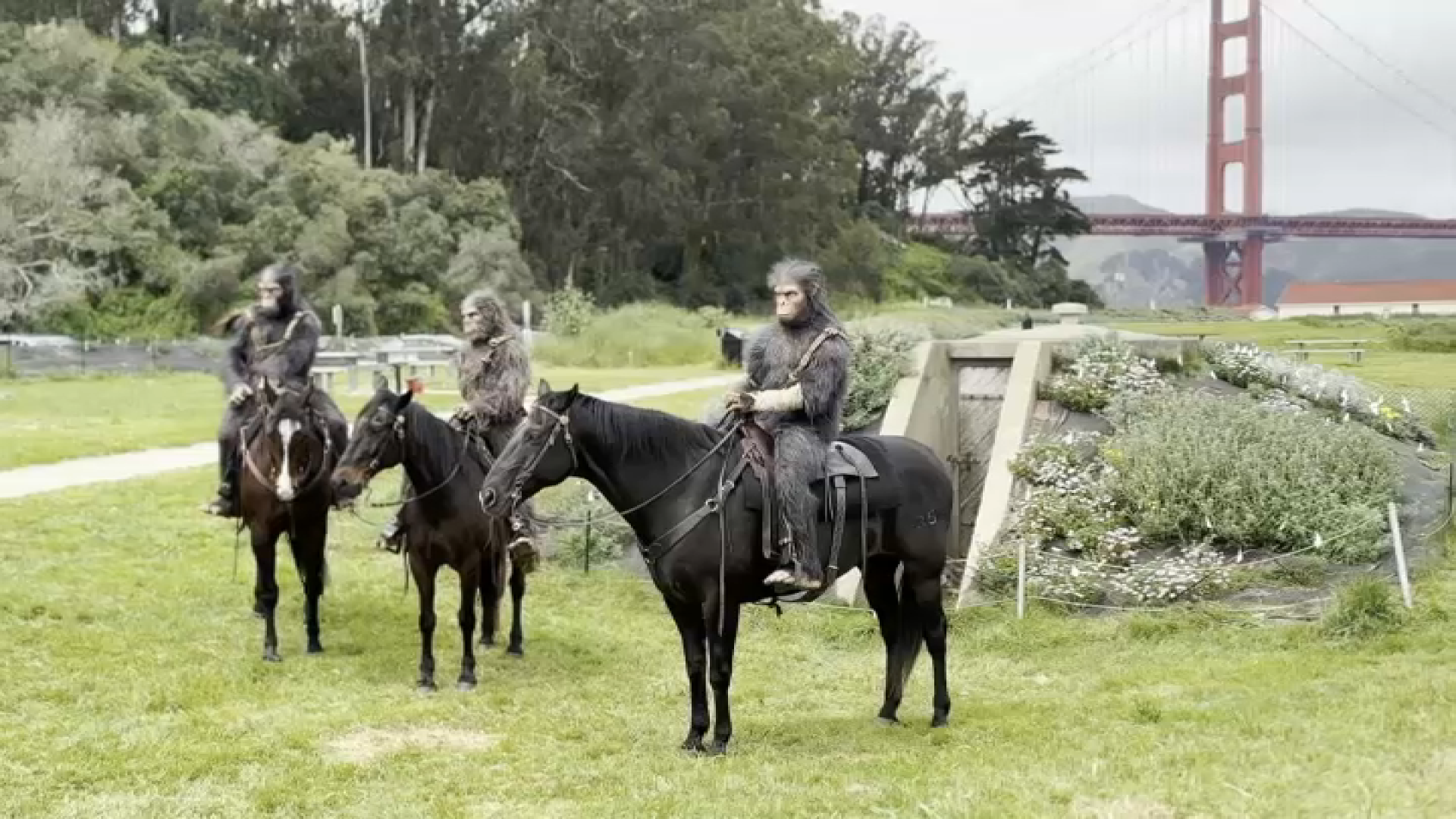The California Public Utilities Commission at a meeting in San Francisco Thursday adopted what it called the nation's first comprehensive set of safety rules for trackside maintenance and repair workers.
Most of the new regulations have been under development since 2009, when the commission began a rule-making process in response to the deaths of two BART and Sacramento Regional Transit District workers who were each hit by trains in 2008.
But after two other BART workers were fatally struck by a train on Oct. 19, the commission added several other new safeguards on an urgent interim basis under a doctrine of "public necessity."
RELATED: BART Board Criticized for Deaths of 2 Workers
One of the new interim rules requires three-way communication among a transit agency's central control, train operators and workers when inspections or repairs are being done along the tracks.
Other new interim rules include requirements for a lookout on each crew whose sole duty is to watch for oncoming trains, and mandates for speed restrictions and warning flags for trains.
BART spokeswoman Alicia Trost said, "We've been working with the PUC for several years on these rules and we've been getting a draft implementation plan ready."
Local
Trost said the transit district has already implemented some of the rules, but the three-way communication requirement will be new.
BART has previously had two-way communication between central controllers and train operators, and between central controllers and trackside workers, she said.
The commission's order for some of the new rules, including the three-way communication, is effective immediately. For some of the other requirements, the decision provides for periods of one to four years of testing, evaluation and implementation.
The two most recent BART fatalities occurred when BART engineer Christopher Sheppard, 58, and contractor Laurence Daniels, 66, were hit by a train as they were checking on a report of a dip in a stretch of track between the Walnut Creek and Pleasant Hill BART stations.
At the time, they were working under a now-abandoned BART safety procedure known as "simple approval," in which workers were responsible for their own safety, were not guaranteed warnings of approaching trains, and were required to be able to spot oncoming trains and clear the track within 15 seconds.
RELATED: BART Suspends "Simple Approval" Safety Procedure in Wake of Worker Deaths
Last week, BART announced a permanent moratorium on the simple approval procedure, which it had used for 42 years.
BART Assistant General Manager Paul Oversier told the agency's board of directors at an Oakland meeting, "Given an opportunity to think about it, it's time to put an end to it and we've done that."
Trost said wayside workers are now operating under other, existing procedures known as work orders. Under the work-order protocol, trains in the vicinity of workers must be slowed to 27 miles per hour, stopped or diverted.
Trains normally reach speeds of 70 miles per hour on long stretches between stations, Trost said.
The three-way communication requirement will now be added to that protocol.
BART still has pending in Alameda County Superior Court a lawsuit in which it is challenging the California Occupational Safety and Health Appeals Board's finding that the now-dropped simple-approval protocol was a "willful" violation of state industrial safety regulations.
Cal/OSHA began its investigation after BART worker James Strickland, 44, was struck and killed by a train while inspecting track in Concord on Oct. 14, 2008.
The CAL/OSHA appeals board finalized its decision in June and also set a $108,250 fine and ordered abatement of the alleged violation. BART filed its lawsuit in July, and the Cal/OSHA decision and orders have been put on hold while the lawsuit proceeds.
The planned fine included a $70,000 penalty for an inadequate safety protocol and $38,250 for allowing shrubbery to obstruct a path along the track where Strickland was working.
BART spokespersons have said the purpose of the lawsuit is to challenge the finding that the violations were "willful." A status conference on the lawsuit is scheduled in Superior Court on Jan. 7.
The CPUC noted in today's order that while workers employed by freight and intercity passenger railroads are covered by Federal Railroad Administration safety regulations, protections for rail transit agency employees are left to individual states.
MORE: BART Train Operator in Fatal Accident Was Trainee
The commission said its decision makes California the first state in the nation to adopt a comprehensive set of rules for local rail transit agencies.
Commissioner Carla Peterman said in a statement that the ruling "sets a solid foundation and framework to promote roadway worker safety in California."
PUC President Michael Peevey said, "Today's decision improves existing rail transit safety rules for roadway workers and leaves the door open to possibly more rule changes pending the outcome of the investigation into the tragic BART fatalities of October 19."



